Lessons Learned from webinar “Advancing Climate Resilience in European Cities – Innovations and Strategies for Urban Adaptation”
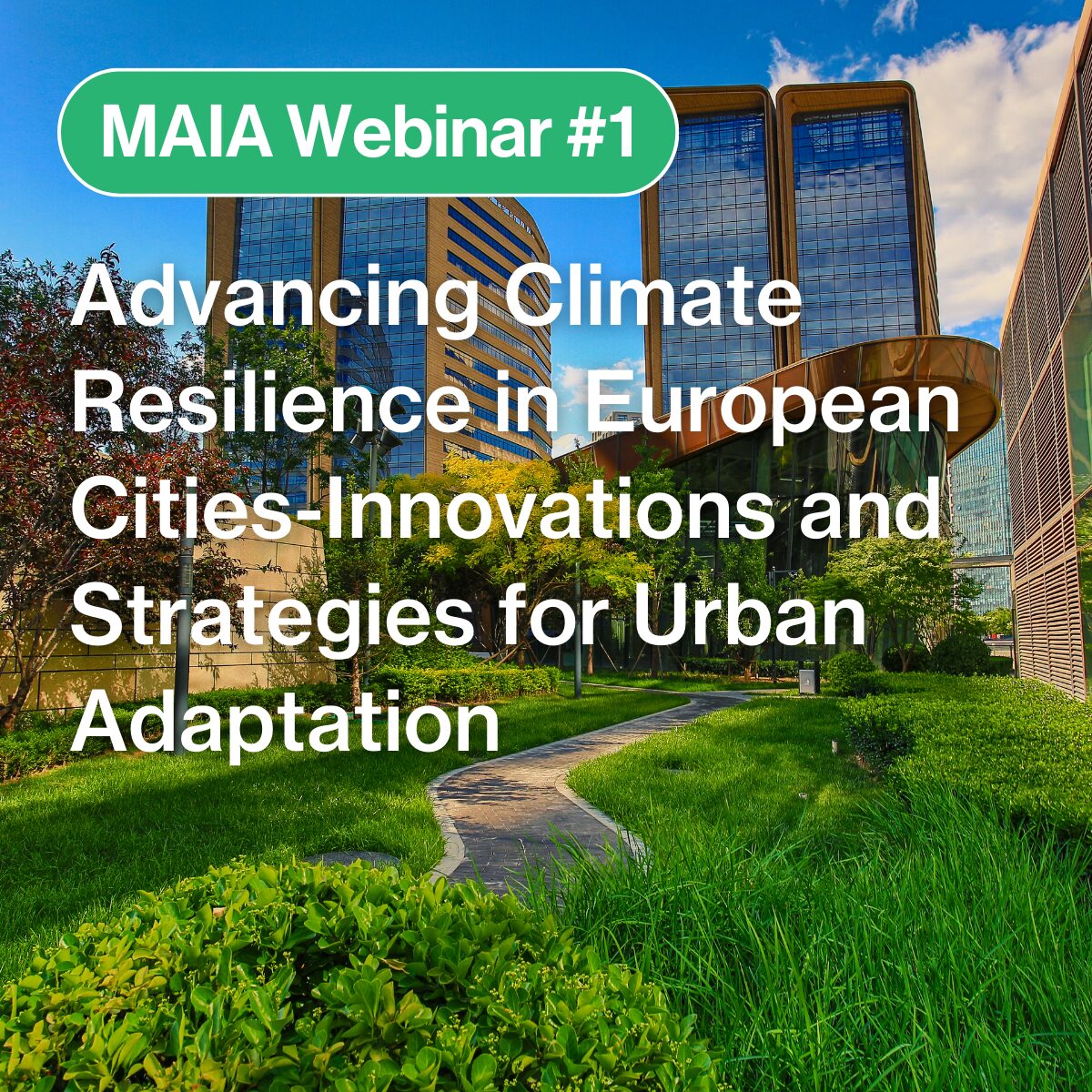
Summary of presentations
The first MAIA Webinar took place on 9 June 2023, addressing the theme “Advancing Climate Resilience in European Cities:Innovations and Strategies for Urban Adaptation” with the participation of three EU-Funded Projects: CityCLIM, LIFE BAETULO, and ICARIA.
Christine Liang, Scientific Researcher at the Helmholtz Centre for Environmental Research (UFZ), presented the EU Project CityCLIM, aimed at addressing the intensifying heat stress due to climate change in urban areas. The project, represented by the CityCLIM team, consists of 12 consortium partners from various sectors. Urban heat islands (UHIs) resulting from urbanization have negative effects, such as increased energy consumption, air pollution, and health problems. CityCLIM seeks to develop an open platform and advanced weather forecasting tool using different data sources to provide Citizen Climate Knowledge Services and City Administration Services. The project emphasizes citizen science methods and aims to operationalize scientific achievements to support innovation transfer.
Montse Martinez, R&D Coordinator in Aquatec (grupo Agbar), presented the EU Project LIFE BAETULO, introducing an Integrated Early Warning System for urban climate change adaptation in Badalona, a coastal city close to Barcelona in Spain. The system consolidates all climate risks affecting urban areas into a single tool, providing advanced weather prediction, real-time information through sensors and cameras, and offline models to estimate impacts. It also identifies vulnerable elements and automates emergency protocols through a citizen app. The project offers transparency, cost-efficiency, and alignment with international conventions, benefiting climate risk managers and raising awareness among citizens. It aims to enhance urban resilience, safeguard health, wellbeing, urban assets, beaches, bathers, and aquatic ecosystems.
Alex de la Cruz, enviromental engineer, presented the EU project ICARIA, led by AQUATEC, which aims to improve climate resilience for critical assets in the face of increasing extreme weather events impacting vulnerable urban citizens. The recently initiated 36-month project focuses on an asset-level modeling framework to understand complex climate-related impacts and develop cost-effective adaptation solutions. Three case studies in Salzburg, South Aegean, and Barcelona regions address multi-hazard resilience, decision support, and optimizing climate change interactions. Effective communication between research and policy/action sides is prioritized, and trial methodologies ensure broader applicability. ICARIA emphasizes engagement with Communities of Practice, including local governments, asset operators, and civil society actors, to gather feedback and create useful tools for end-users.
Synergies and lessons learned
At the end of the presentations, the three speakers were asked about potential synergies and collaboration opportunities among the three projects, focusing on urban adaptation and resilience. The speakers identified various areas of synergy. For instance, the outcome of the LIFE BAETULO project, a tool supporting risk managers, could integrate resources developed by CityCLIM and ICARIA. CityCLIM’s work on heat islands could provide valuable information to risk managers about critical areas in the city. Meanwhile, ICARIA’s models on interdependencies between urban services could aid decision-makers in understanding broader impacts on interconnected systems.
Another common thread across the projects was citizen engagement. The goal of each project is ultimately to enhance citizens’ lives, making them less vulnerable to extreme weather events. Christine Liang highlighted the importance of combining and adapting different models to create operational solutions that are usable by relevant stakeholders.
In terms of MAIA´s role in supporting these projects, Montse Martínez emphasized their interest in disseminating results to local administrators, particularly city councils. Alex de la Cruz stressed that ICARIA’s perspective is regional, and they aim to convince other European regions that their approach is effective. MAIA can play a crucial role in disseminating project outcomes, ensuring sustainability, and promoting commercialization after project completion.
Overall, the projects aimed to make a tangible impact on urban resilience and citizen well-being. Collaboration and knowledge-sharing among these initiatives could lead to more comprehensive and effective climate adaptation strategies in cities across Europe.
How to get involved
- Becoming a CityCLIM Citizen Scientist: A Comprehensive Guide
- Currently in Valencia, 20 weather enthusiasts have agreed to actively support the project by installing and maintaining 15 weather stations in their backyards or their balconies. 😎🌤️CityCLIM members from Helmholtz Centre for Environmental Research (UFZ) are taking measurements around the city using MeteoTracker and SenseBox sensors on bicycles..
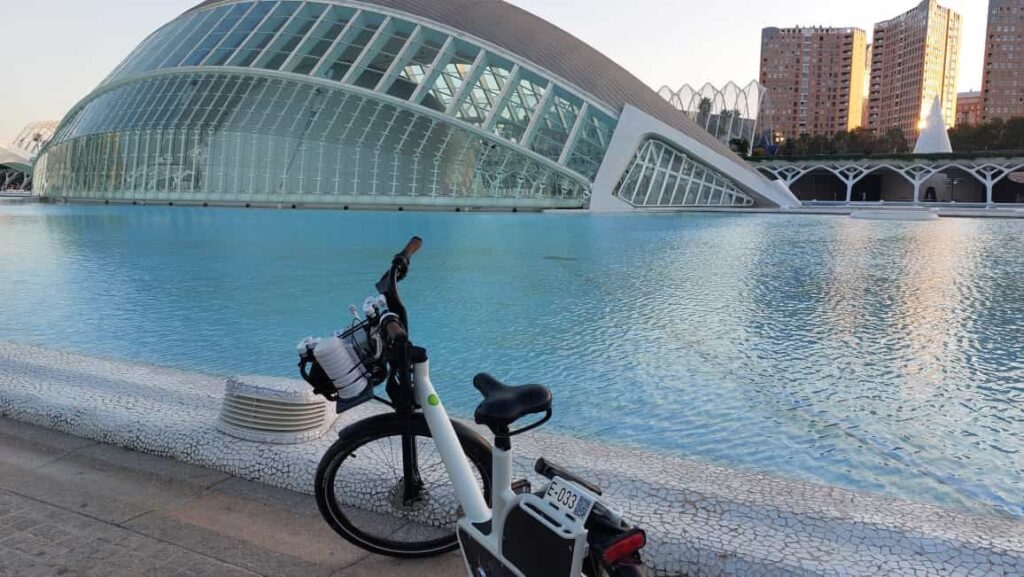
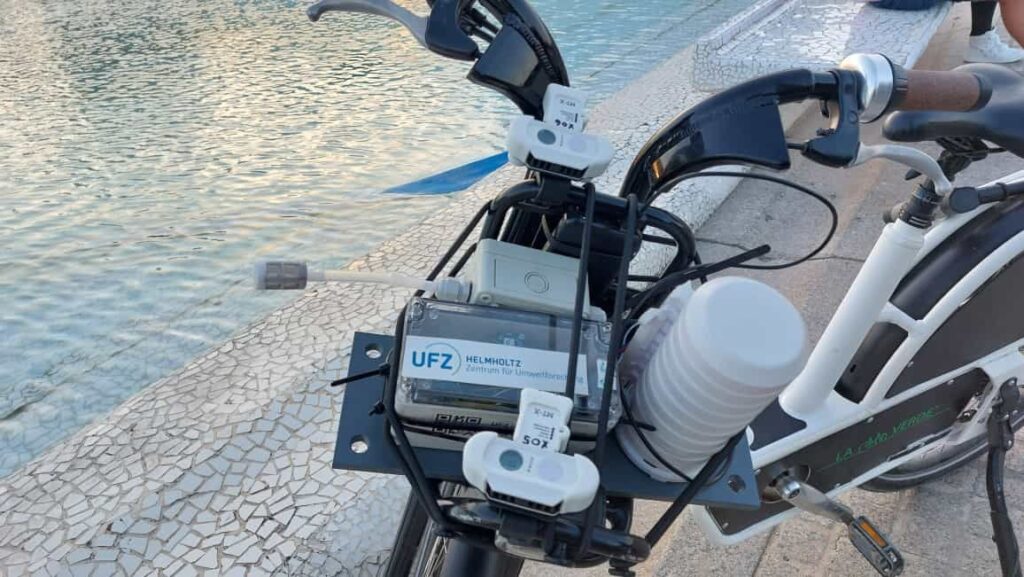
- Find out more about the Pilot Cities | CityClim (Luxemburg, Valencia, city of Karlsruhe, Thessaloniki)
- Find out more about the Case studies – ICARIA project : ICARIA project (icaria-project.eu) (Barcelona, Salzburg, South Aegean Archipelago and follower regions)
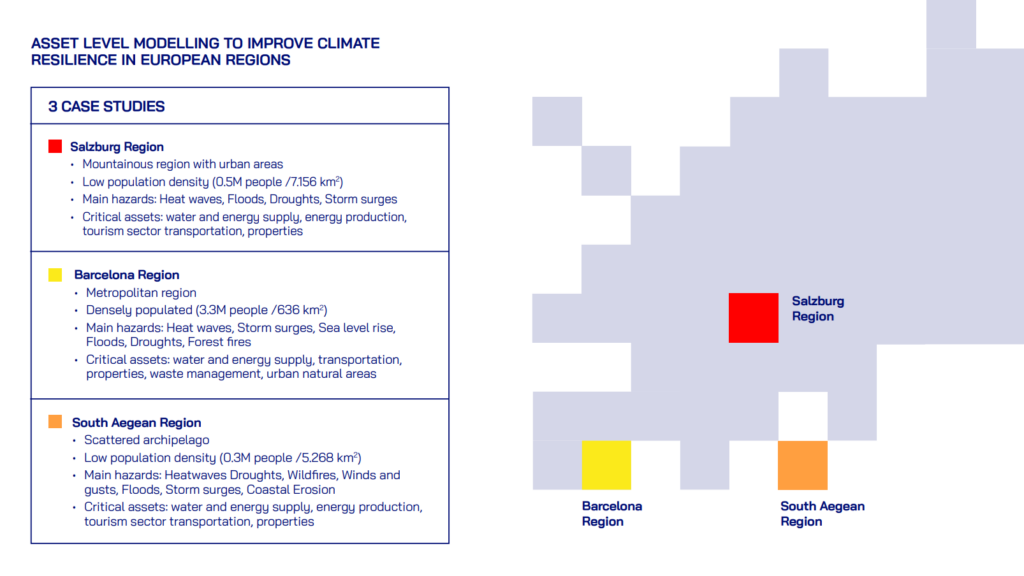
- 📱“Alerta Climática BAETULO” app is NOW available on Apple and Android stores. This citizen’s app is intended to alert Badalona’s citizens about potential or ongoing events that may have an impact on the city of Badalona and inform them about those self-protection actions that they can carry out individually to avoid major impacts. Alerted climate hazards include: pluvial flooding, combined sewer overflows (CSO), storm surges, heatwaves, cold waves, snowfalls, windstorms, episodes of high air pollution and forest fires.
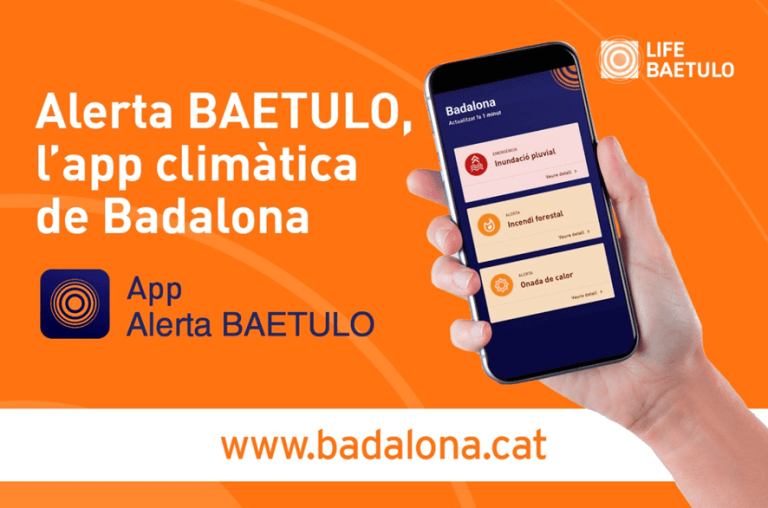

(0) Comments
There is no content